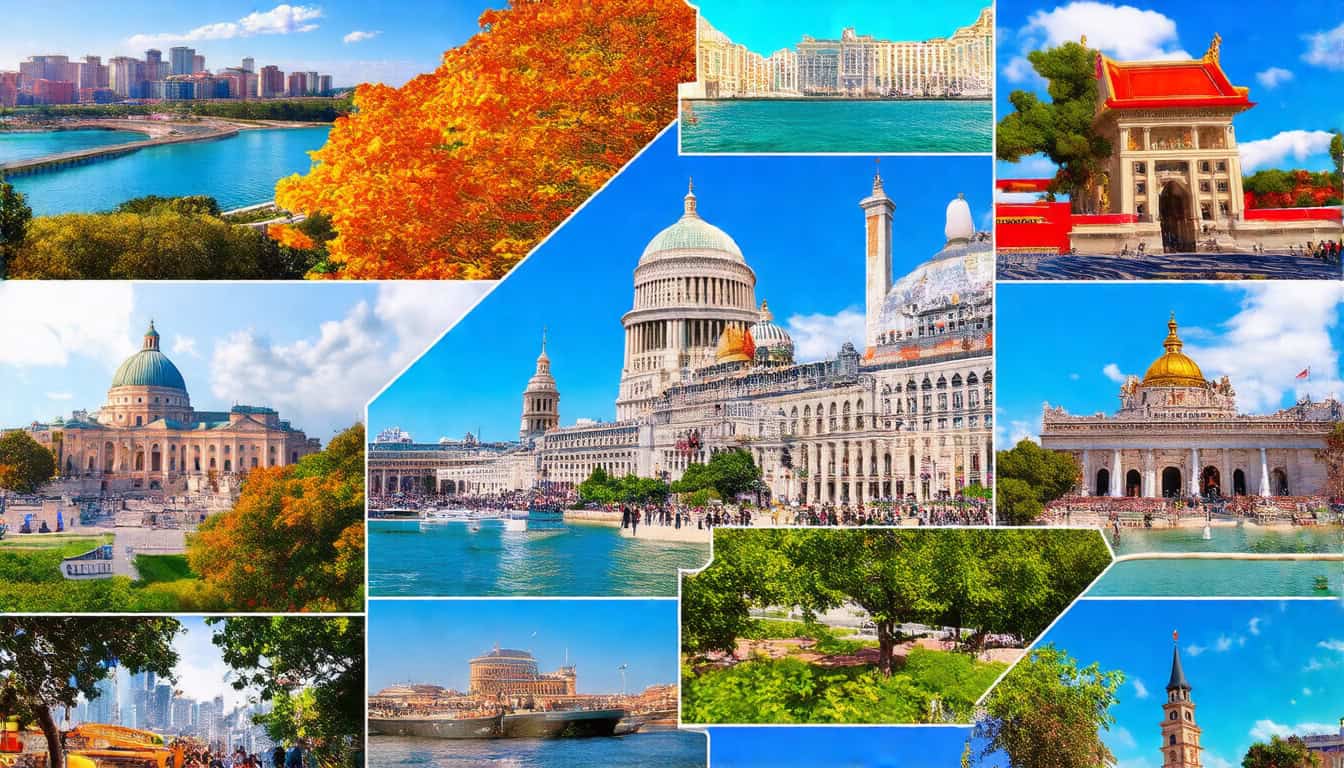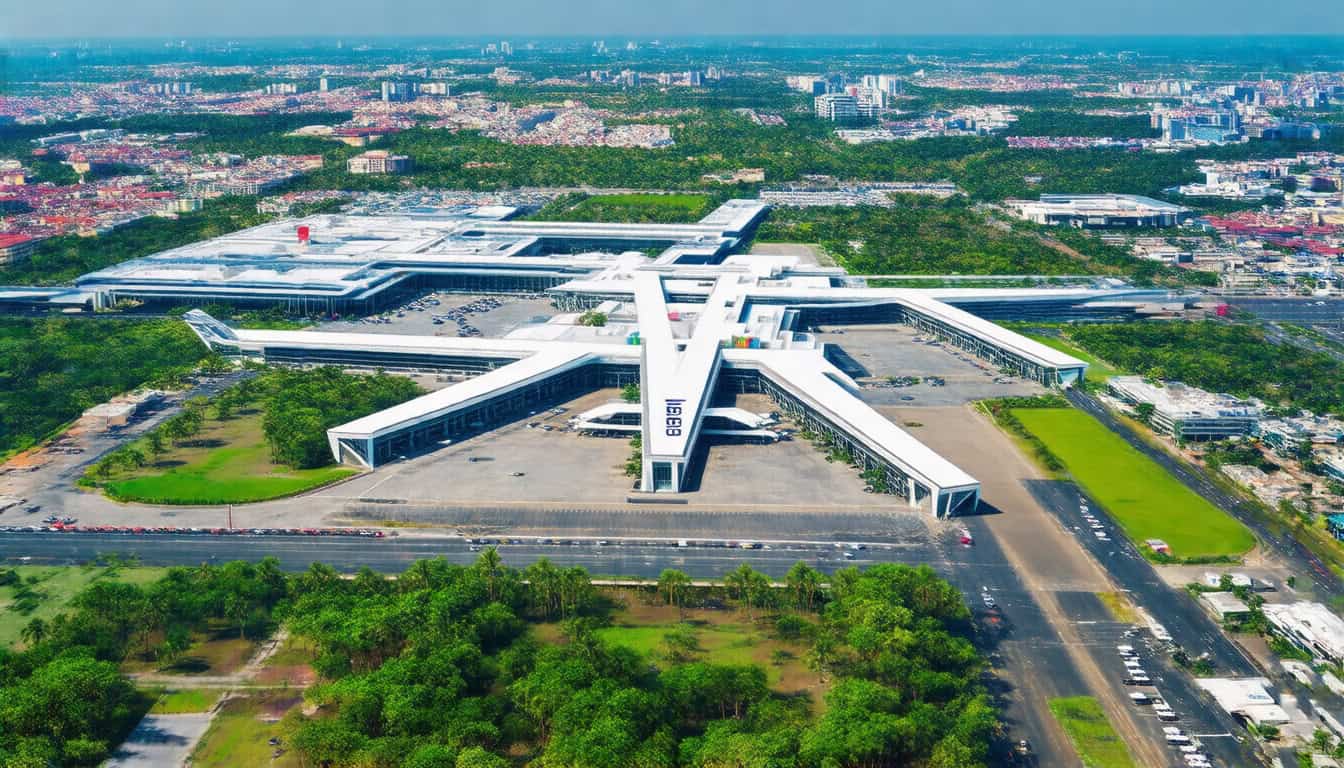Many Americans believe they face suspicion or hostility abroad. The internet often amplifies stories of anti-American sentiment, making it seem like travelers and expatriates will encounter cold shoulders nearly everywhere. I want to share a different truth: some countries not only accept Americans but genuinely appreciate them. These nations show respect through culture, history, and active support for the United States. Some even honor American leaders with statues and display the American flag in private homes. For American visitors or those considering moving overseas, these nations offer something rare — a warm, open reception that transcends money and politics.
Each of the eight countries I mention has a unique reason to value the U.S. Some owe their gratitude to military alliances and security guarantees, some to deep historical connections, and others to shared culture or economic partnerships. Getting to know these countries could change how you think about international travel or living abroad.
Lithuania: A Baltic Bond Rooted in History and Security
Lithuania, a small Baltic country with less than three million people, has a surprising relationship with the United States. In 1940, Lithuania was annexed by the Soviet Union. While most global powers accepted Soviet control, the U.S. did not. It refused to recognize the occupation for fifty years and kept Lithuania’s embassy in Washington open throughout the Cold War. This stance gave Lithuanians hope and a symbol of American commitment to their nation’s right to exist.
Today, Lithuania continues to strengthen this bond through NATO. Since it shares a border with Russia, Lithuania invests heavily in its military, spending more per capita than most NATO members, except for a few including the U.S. Much of its military equipment comes from the United States. Between 2018 and 2022, America funded over $200 million to modernize Lithuania’s forces, with $141 million provided in 2022 alone.
The U.S. and Lithuania collaborate closely, with American soldiers stationed there and joint military exercises reinforcing their partnership. Public opinion reflects this alliance; surveys show that 70% of Lithuanians view the U.S. favorably, with very little anti-American sentiment compared to other European countries.
Beyond politics, cultural ties unite both countries. A large diaspora of Lithuanians lives in the U.S., three times bigger than any other nation hosting Lithuanian communities. Basketball serves as another connection. Lithuania boasts a strong basketball tradition, and athletes often play in American leagues or host former NBA stars in Lithuania. English is widely spoken, and younger generations embrace American culture. For American expats, Lithuania offers a welcoming atmosphere with both cultural familiarity and deep goodwill.
Argentina: A New Chapter Marked by Economic and Political Shift
Argentina’s relationship with the United States took a dramatic turn recently. For decades, Argentina leaned away from Washington, criticizing U.S. foreign policy and even considering alignment with the BRICS nations. Yet, everything flipped seemingly overnight when Javier Mile took office as president in late 2023. Mile aligned Argentina closely with the U.S., requesting NATO global partner status and pursuing deals to purchase American F-16 fighter jets. This new pro-American stance reflects a desperate bid to revive Argentina’s faltering economy. When Mile assumed office, inflation exceeded 200%, causing widespread public frustration.
By embracing American-style capitalism and economic policies, his administration aims to regain financial stability, secure favorable trade deals, and attract U.S.-supported investment. Polls from 2025 show a sharp divide along political lines: about 70% of Mile’s supporters view the U.S. positively, while only 37% of others share that feeling. Overall, 52% of Argentinians express favorable opinions toward America, marking a notable shift.
While Argentina faces economic difficulties, its government sees the U.S. as a key partner for recovery. For potential visitors or expats, Argentina offers a high quality of life at remarkably low costs, with living expenses below $1,000 a month in many areas. However, carry some caution. Political support for the U.S. depends heavily on economic success and could change in the future. Also, historical tensions linger, especially with Britain, so avoid speaking with a British accent to prevent misunderstandings.
Brazil: A Cultural and Historical Connection
Brazil has a long and stable friendship with the United States, stretching back over two centuries. One of the earliest countries to recognize Brazil’s independence in 1822, America forged ties that survived wars and shifting political landscapes. During World War II, Brazil and the U.S. fought side by side. Brazilian soldiers served alongside American troops in Italy, cementing a bond through shared sacrifice.
In Brazil, positive feelings towards America spring primarily from cultural admiration. Many Brazilians consume American movies, music, and fashion. For Americans considering Brazil, this cultural openness can ease the transition and social integration. While Brazil is a massive, diverse country, its welcoming spirit toward Americans stands out.
The Remaining Five Countries
Though I describe these three countries here, five others round out the list of nations warmly embracing American visitors. Each has its own story—whether a shared history with the U.S., an economic alliance, or mutual respect forged through times of hardship.
Common Themes
When examining these countries, certain themes appear. Security ties matter: Lithuania’s NATO membership and defense spending reflect that. Economic partnerships matter: Argentina’s new policies revolve around trade and investment with the U.S. Cultural exchange matters: Brazil’s relationship thrives on shared values and affection for American culture.
For Americans hoping to live, work, or retire abroad, the warmth of these welcoming countries can ease many challenges. Language barriers diminish where English is common, histories intertwine with American narratives, and locals genuinely appreciate Americans as individuals rather than stereotypes.
Travelers and expats find that these countries give them access and respect that money alone cannot buy. They may see American flags proudly displayed or meet locals who tell stories of American support during dark times. This sense of belonging and mutual respect creates experiences that stay with visitors long after they leave.
Final Thoughts
The world is larger than internet narratives of rejection or anti-Americanism. Many places actively embrace American visitors for clear reasons—history, security, economics, or culture—that shape enduring friendships.
If you plan to visit or relocate abroad, keep these countries in mind. They offer not only safe and interesting destinations but communities ready to welcome you as more than just a tourist. In these places, being American opens doors that few other identities can.
It pays to look beyond headlines and stereotypes. Warm welcomes exist and await discovery if you know where to find them.






